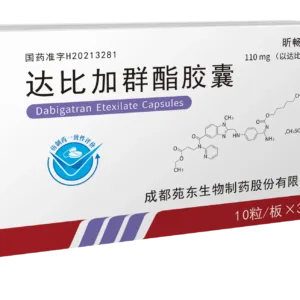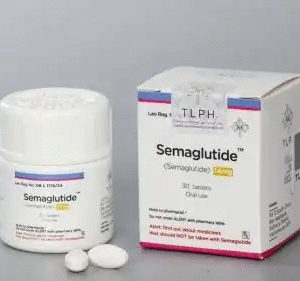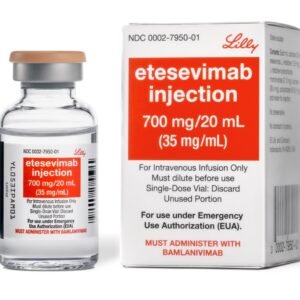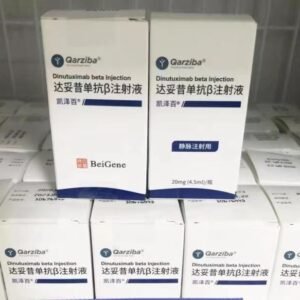DabigatranEtexilate
Function:
This product is indicated for the prevention of stroke and systemic embolism (SEE) in adults with non-valvular atrial fibrillation who have one or more of the following risk factors: previous stroke, transient ischemic attack, or systemic embolism; left ventricular ejaculation Blood fraction <40%; heart failure with symptoms, New York Heart Association (NYHA) cardiac function class ≥ 2; age ≥ 75 years old; age ≥ 65 years old, and accompanied by any of the following diseases: diabetes, coronary heart disease or hypertension; to treat acute deep vein thrombosis (DVT) and/or pulmonary embolism (PE) and prevent related death; to prevent recurrent deep vein thrombosis (DVT) and/or pulmonary embolism (PE) and related death.
Dosage:
For oral administration, swallow the tablet whole with water, with or after meals. Do not open capsules. The recommended dose for adults is 300 mg taken orally daily, i.e. one 150 mg capsule twice daily. Long-term treatment should be maintained. Special groups of patients at risk of bleeding. Factors that increase the risk of bleeding are listed below: For example, age ≥75 years, moderate renal impairment, anhydride clearance (CrCL) 30~50ml/min, or receiving strong P-glycoprotein ( P-gp) inhibitor combination therapy, antiplatelet drug combination therapy or previous gastrointestinal bleeding, etc. For patients with one or more of the above risk factors, physicians may consider reducing the patient's daily dose to 220 mg, i.e., one 110 mg capsule twice daily. In patients with renal impairment, before initiating treatment with this product, renal function should be evaluated by calculating creatinine clearance, and patients with severe renal impairment (i.e. CrCL <30ml/min) should be excluded. Patients (CrCL<30ml/min) are not recommended to be treated with this product in these groups. No dose adjustment is required for patients with mild or moderate renal impairment. For patients with moderate renal impairment (creatinine clearance 30~50ml/min), this product is not recommended for use in these patients. min), renal function should be evaluated at least annually during treatment and when there are clinical conditions that may decrease or worsen renal function (such as hypovolemia, dehydration, and certain concomitant medications). Dabigatran is evaluated to be cleared by dialysis; clinical experience with this approach in clinical trials is limited. Elderly patients The therapeutic dose for patients aged 80 years and above is 220 mg daily, which is one 110 mg capsule twice daily. Pharmacokinetic studies in the elderly have shown increased drug exposure in patients with age-related decreases in renal function. Because renal impairment is common in older patients (>75 years), renal function should be assessed by calculating creatinine clearance before initiating treatment with this product, and patients with severe renal impairment (i.e., CrCL <30 ml) should be excluded. /min. See Dosage in Patients with Renal Impairment. Switching from this product to parenteral anticoagulant therapy should be performed 12 hours after the last dose of this product. Conversion from parenteral anticoagulant therapy to treatment with this product should be taken within 2 hours before the next treatment time. If the patient is receiving maintenance therapy (such as intravenous unfractionated heparin), this product should be taken when the drug is discontinued. When the INR prothrombin international normalized ratio is less than 2.0, the vitamin K antagonist can be switched to this product immediately. The conversion from this product to vitamin K antagonist therapy should be based on the patient's condition. Creatinine clearance determines when to start vitamin K antagonist (VKA) treatment; when CrCL ≥ 50ml/min, start VKA treatment 3 days before stopping dabigatran etexilate; when 30ml/min < CrCL < 50ml/min When the drug is discontinued, VKA therapy should be given 2 days before discontinuation of dabigatran etexilate. Other cardioversions: During the cardioversion process, the same drugs produced by different manufacturers may have inconsistent instructions. If you find that the contents of the drug instructions are inconsistent before taking the medicine, please consult your doctor or pharmacist in time.
Drug contraindications:
Contraindicated if allergic to this product and disabled if renal function is impaired
Related dosage forms:
Capsules
Share:
Products
Our offers
Health Classification
Let us work together to protect precious health






























